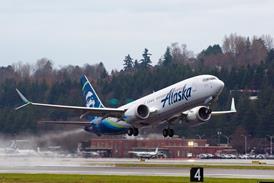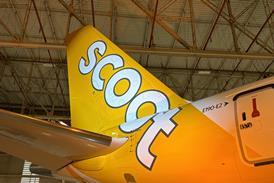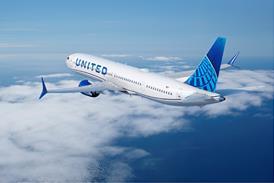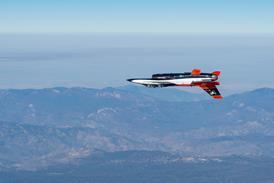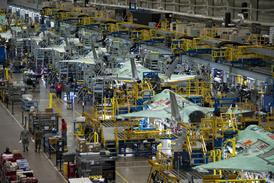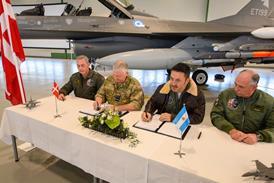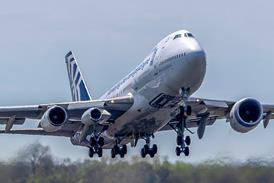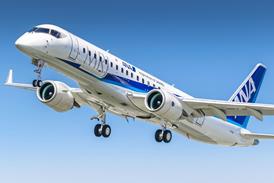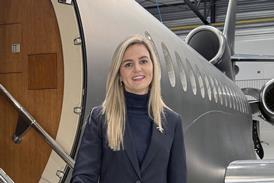Lockheed Martin fleshed out its UK Space Agency-backed plans to bring a space launch capability to Scotland from 2020 – with a US-developed rocket now blasting off from New Zealand.
Speaking a day after the UKSA unveiled £31.5 million ($41.6 million) in grants to kickstart a launch operation from the A’Mhoine peninsula in Sutherland, on the north coast of the British mainland, Lockheed Martin Space director international advanced programme development Patrick Wood confirmed that the launcher being readied to fly from Scotland is in fact Electron. Lockheed is a "strategic investor" in Los Angeles-based RocketLab, whose composite, low-cost vehicle made its maiden flight last year from a purpose-built spaceport in New Zealand.
The "tried and tested" Electron’s first flight failed to reach orbit, but a second outing orbited multiple payloads.
Electron is designed to satisfy a surging demand from commercial operators to put payloads of around 150kg (330lb) to polar Earth-observing orbits. But the Scotland operation – initially seen as launching about 10 times per year – is being actively encouraged by the Royal Air Force, which enjoys a "growing relationship" with the UKSA to develop a "responsive space" capability.
RAF chief of staff for capability and force development, AVM Simon “Rocky” Rochelle, said the UK and the so-called “Five Eyes” security partners – Australia, Canada, New Zealand, the USA – agree that "space is now a contested warfighting environment", so the RAF needs rapid launch capability – to orbit surveillance or communications assets on as little as 72h notice.
Rochelle pointed to this year's launch – supported by the RAF – of the civil-military dual-use Carbonite spacecraft built by Surrey Satellite Technology. Carbonite is returning live video from orbit, contributing to a much-needed "pervasive ISR" capability. The Five Eyes, he said should be equipped to act "symbiotically".
And, he adds, the need to fly bigger payloads may one day have Sutherland looking to add a bigger rocket to its armoury.
Roy Kirk, area manager, at the Highlands and Islands Enterprise council, acknowledges the challenge of navigating the UK's notoriously slow infrastructure planning regulations to get a spaceport up and running for 2020. But he says local support is encouraging. And, despite Sutherland's remote location it has a solid engineering skills base, owing to the nearby Dounreay nuclear power plant. Lockheed alone could bring 375 jobs to the area for what Kirk insists must be a profitable, commercial operation, offering attractive prices to launch clients.
The HIE will own the assets, he says, and Lockheed will operate the spaceport on a concession basis.
Get all the coverage from the Farnborough air show on our dedicated event page
Source: Flight Daily News

